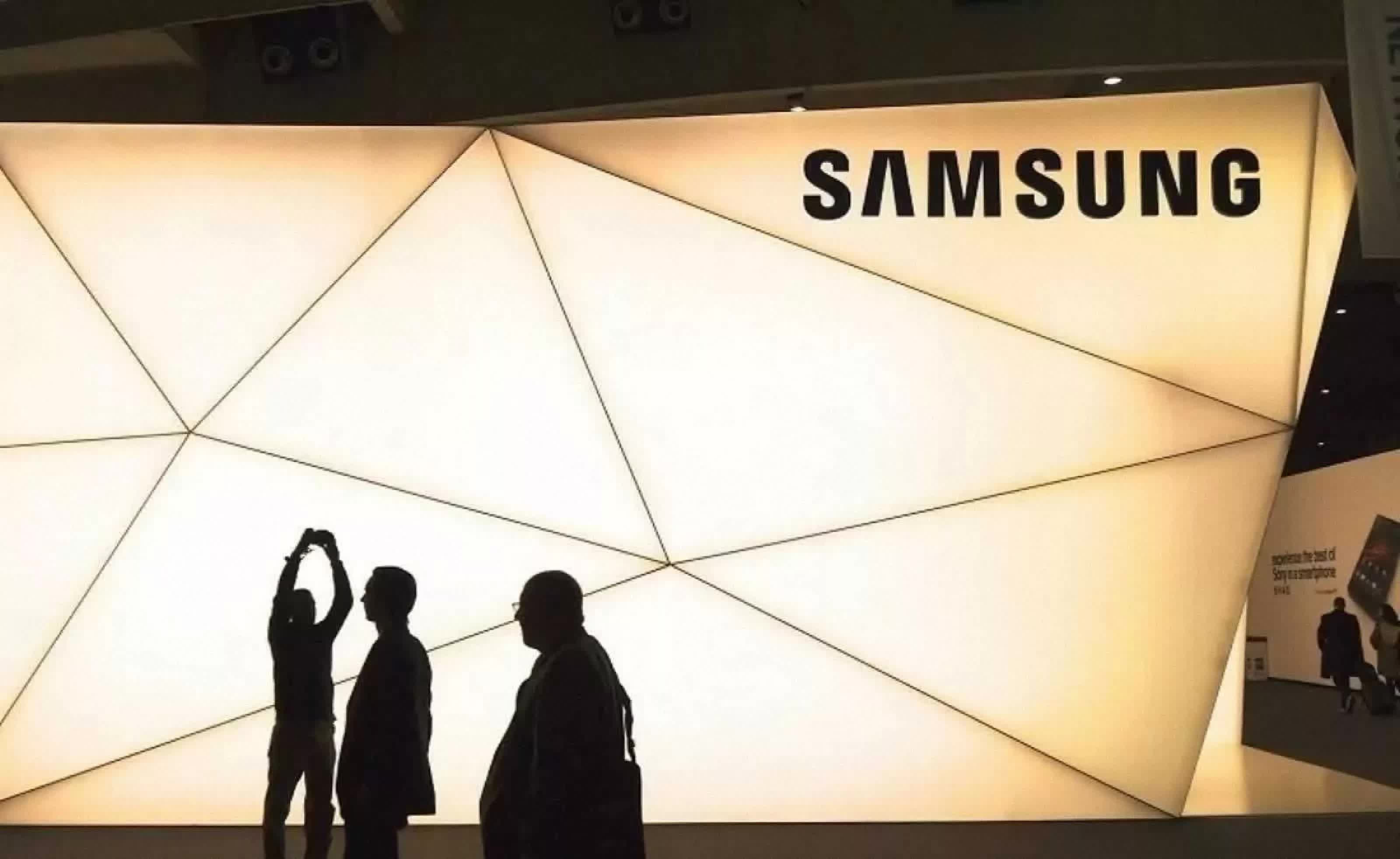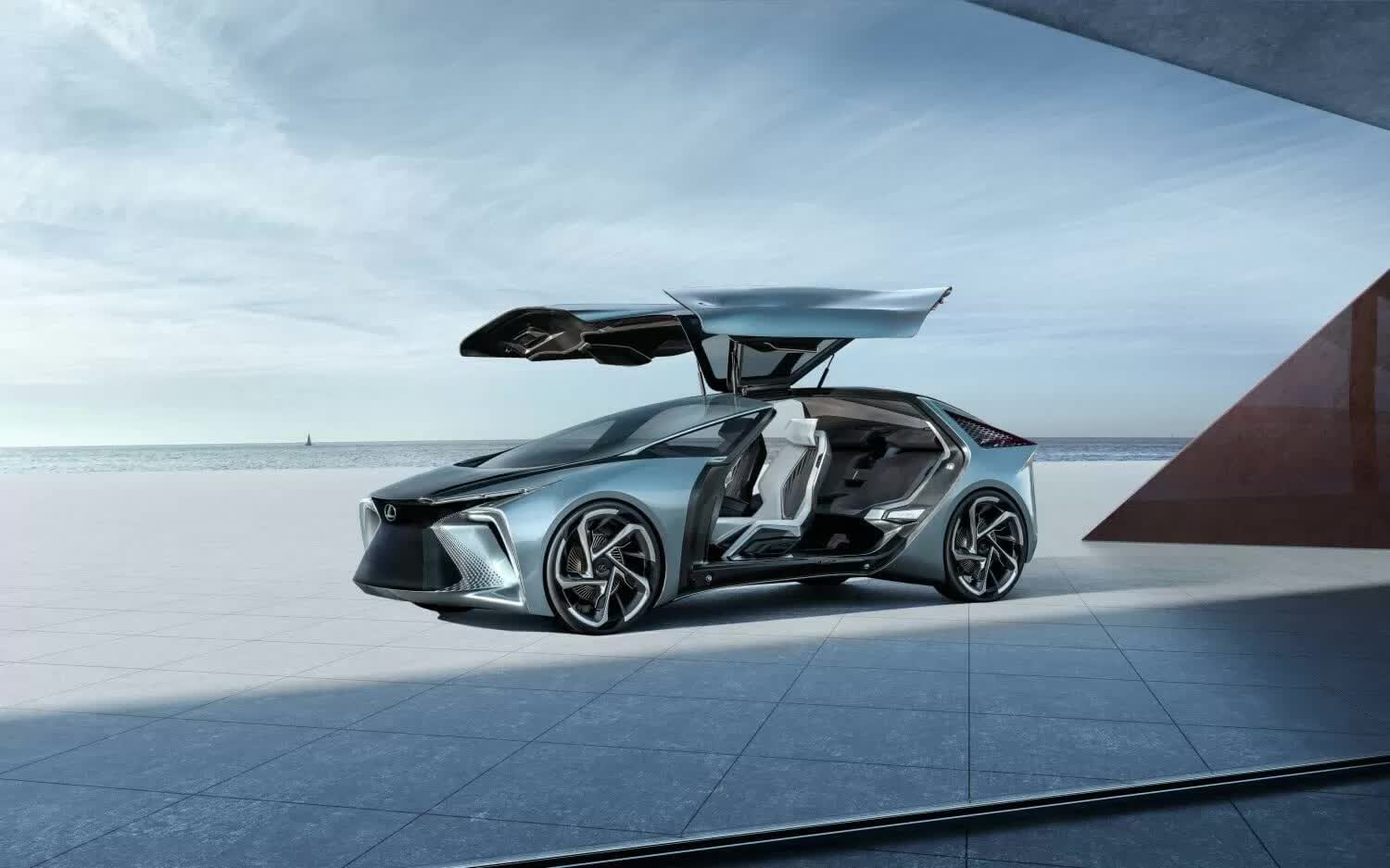On the horizon: Samsung recently pulled back the curtain on its latest battery innovations aimed at powering tomorrow's electric vehicles. From solid-state cells promising over 600 miles of range to ultra-fast charging and extended lifespans, the tech giant laid out an ambitious roadmap.

Samsung's oxide solid-state batteries, now in pilot production and testing with automakers, boast an impressive energy density of around 500 Wh/kg – roughly double that of today's mainstream EV batteries. The Elec notes the batteries have an unbelievably quick time to full-charge of just nine minutes and lifespans up to an incredible 20 years.
According to Samsung SDI Vice President Ko Joo-young, carmakers are going gaga over these next-gen batteries because they are significantly smaller, lighter, and much safer than today's EV batteries. However, the high production costs mean they'll initially be confined to the "super premium" EV segment. Luxury electric cars using the tech can travel between 900-1,000 kilometers (over 600 miles) on a single charge without significantly increasing battery size and weight.
Toyota has also circled 2027 as its target for mass producing long-lasting solid-state batteries. However, the carmaker cautioned that its first deployment would likely be limited to premium Lexus EVs.
While Samsung's and Toyota's plans may sound game-changing, they're still only playing catch up with Chinese battery makers. This timeline puts the duo behind the current EV battery leader, China's CATL. Notebookcheck reports that CATL expects a one-percent solid-state penetration rate by 2027.
Meanwhile, Chinese rival NIO already offers semi-solid state batteries enabling over 650 miles of range. Still, others have achieved ultra-rapid 5C or 6C charging speeds – although the main hurdle of deploying sufficient charging infrastructure remains a significant challenge.
Samsung will also face competition from South Korean rival LG on the solid-state front. Although it trails Samsung's 2027 target by three years, LG Energy Solutions claims it is aggressively developing dry electrode-based solid-state tech that puts it "ahead of the curve."
However, solid-state technology isn't Samsung's only play. It's also developing cheaper lithium iron phosphate (LFP) and cobalt-free batteries to compete in more affordable EV segments. The popularity of LFP batteries is rapidly growing. A recent report highlighted that the technology already accounts for 40 percent of EV sales.
Samsung's upcoming solid-state EV batteries promise 9-minute charging and 600 mile range
